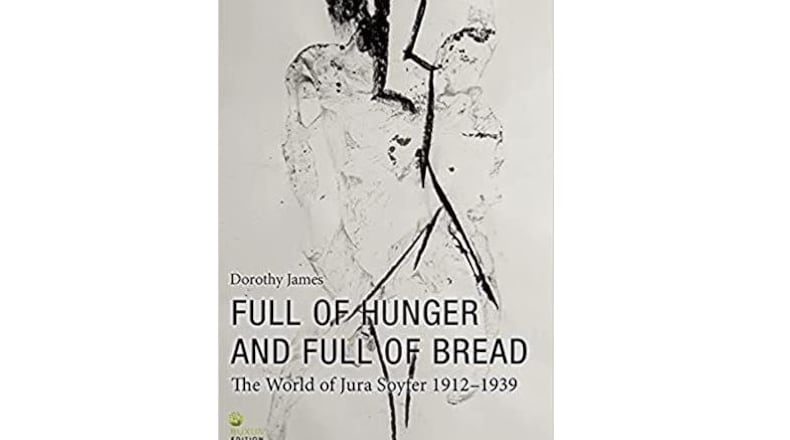Over the last several weeks millions of people have fled the Ukraine to escape from an increasingly lethal war zone. Just over a century ago, in 1920, a teenager named Jura Soyfer fled the Ukraine with his family. They were seeking a better life in Vienna, Austria.
Initially, as the young Soyfer attended high school, things were alright in Vienna. But the rising spectre of fascism was already on the horizon. A young Austrian named Hitler was plotting his ascent to power over Germany. The upcoming Nazi assault on Europe was not too far away
Although Soyfer is virtually unknown now, he was a gifted writer. Over the course of his brief existence he wrote poetry, satires, plays, and an unpublished novel. The literary scholar Dorothy James has reconstructed Soyfer’s life and legacy.
While he was still in his teens a number of his satirical political poems were published in the newspaper Arbeiter-Zeitung. He was becoming a political activist. He could see the fascists consolidating their power in Austria. He decided to go to Germany to investigate the rise of the Nazis there.
Soyfer arrived in Berlin in 1932 as the Weimar Republic was collapsing and Adolf Hitler was becoming ascendant. Although Soyfer wasn’t officially reporting for a newspaper he was acting like a journalist. It was his intention to try to file reports for the newspaper, Arbeiter-Zeitung, from Berlin.
In Germany he could read the writing on the wall, so to speak. There he watched as 50 Brownshirts “stormed into the working-class street with cudgels and bull-whips, and a pitched battle took place in front of the Union Hall, flower pots and crockery raining down on the heads of the Nazis...”
Fascists were taking over in central Europe, in Germany, Italy, and Austria, and their evil intentions were becoming apparent. Soyfer believed in the anti-fascist cause, that young people like him, and a few idealistic older folks, could somehow stem the violent swell engulfing them.
The German Army would not be marching triumphantly into Vienna for another six years. During that interval Soyfer and some of his friends became active members of the resistance. He wrote satirical plays lampooning the fascists.
His unpublished autobiographical novel, “Thus Died a Party,” details how this young Jewish man became disgusted by the lack of courage displayed by the Social Democrats in Austria as the fascists wrenched power away and how that made him decide to resist the fascists no matter what.
Before Soyfer died in the Buchenwald concentration camp he committed one more act of defiance by composing his “Dachau Song.” James writes: “The song made its way from Dachau to other prison camps in Europe and then across the world in the hands of travelers, secretly in the suitcases of emigrants fleeing territories occupied by the Nazis.”
As Europe teeters once again on the brink of a massive war similar acts of defiance are taking place in that burgeoning war zone.
Vick Mickunas of Yellow Springs interviews authors every Saturday at 7 a.m. and on Sundays at 10:30 a.m. on WYSO-FM (91.3). For more information, visit www.wyso.org/programs/book-nook. Contact him at vick@vickmickunas.com
About the Author

